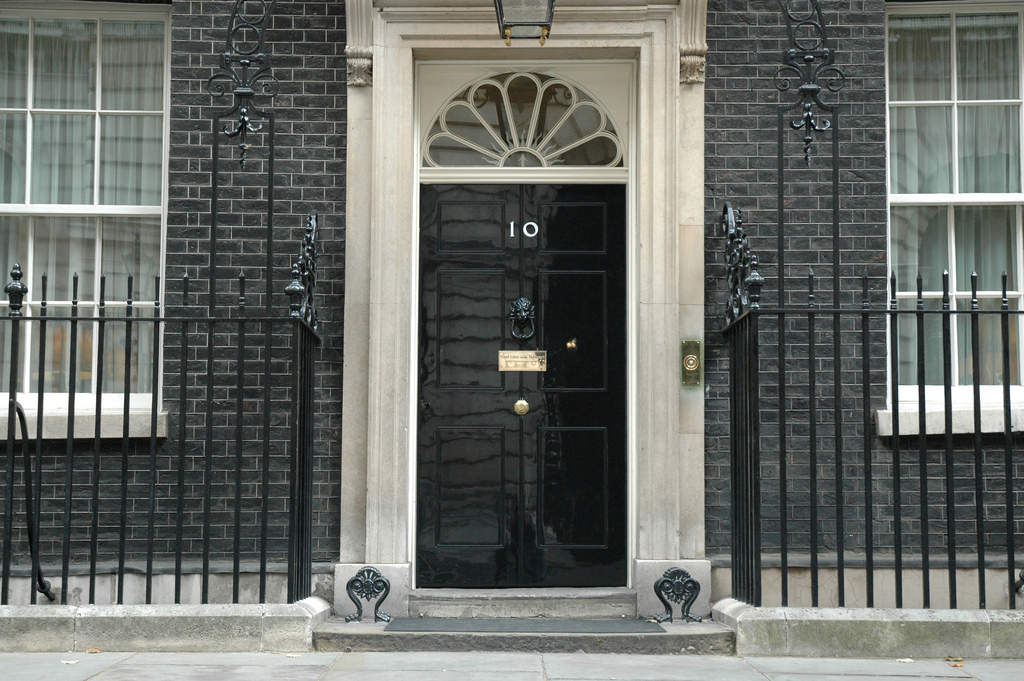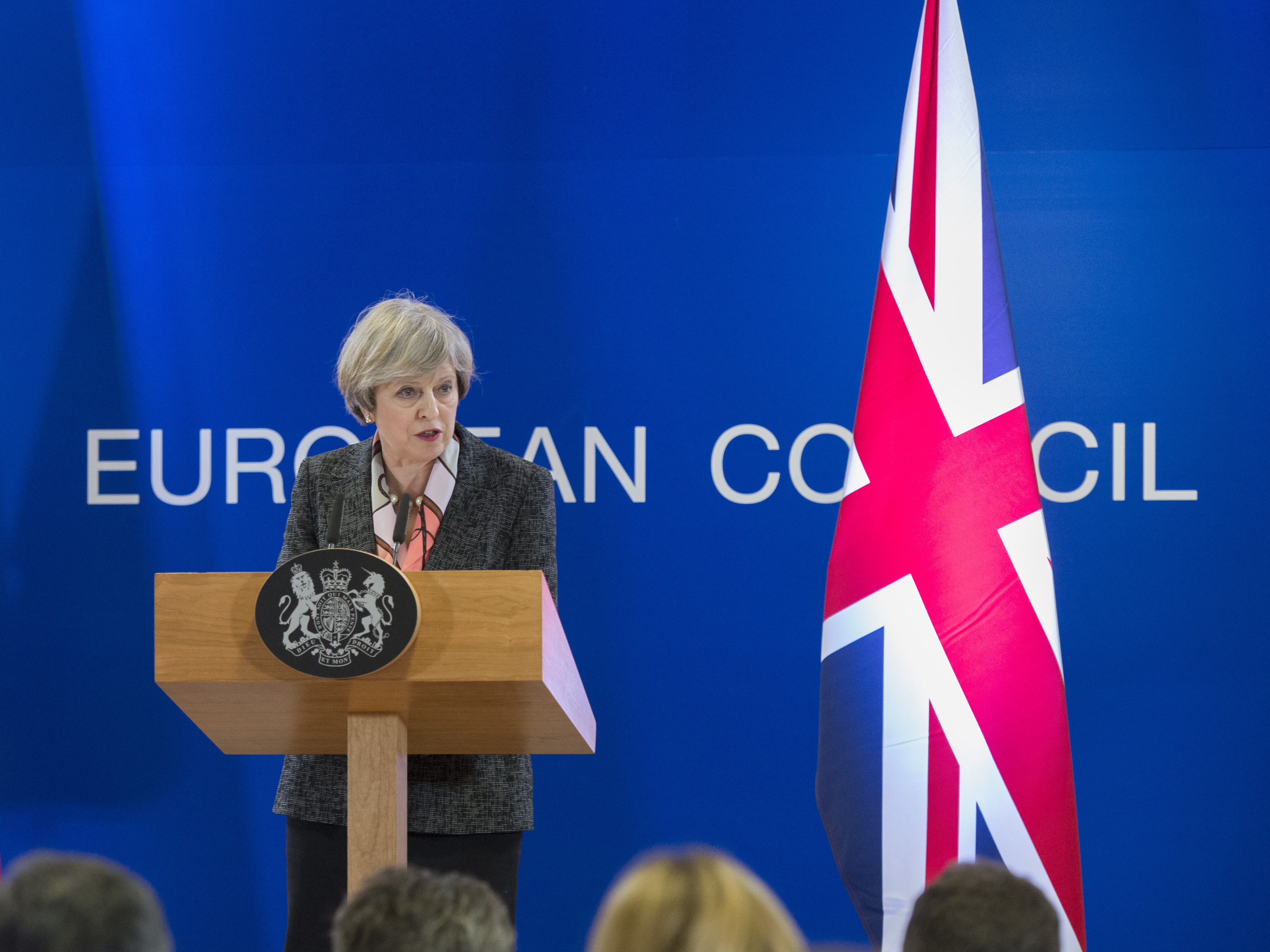The Conservatives have emerged as the largest party in Parliament after the General Election. They failed to win an outright majority, but will still form the next government, so their recent threat to “rip up” human rights laws can’t be ignored. Where does this result leave us in terms of human rights?
Following our coverage of the Conservative manifesto and those of the major parties, here’s all you need to know on how the election result could affect your human rights.
The uncertain future of human rights laws
The Conservative manifesto stated that they will not scrap the Human Rights Act (the law that makes the Human Rights Convention part of UK law) until after Brexit. But they also made it clear that they will “consider our human rights legal framework” after Britain leaves the EU. That means by March 2019 we could be looking at a major review of human rights protections in the UK.
The likelihood of the Tories keeping the Human Rights Act part of UK law also seems less guaranteed, after Theresa May said she would “rip up” human rights laws in favour of new anti-terror measures if necessary to combat terrorism, following recent attacks in Manchester and London.
As the UK is still a party to the Human Rights Convention, it can only legally take action to restrict human rights in very rare circumstances. It’s been suggested that the new government may seek to get round the protections in the Convention by derogating from it, which is only possible when circumstances – such as a terror threat – pose a “threat to the life of the nation”.
Other parties came out strongly against undermining the Act, saying the Human Rights Act places no legal block on Parliament’s ability to make laws. Labour’s Keir Starmer said there is “no incompatibility between protecting human rights and taking effective action against terrorists”.

Brexit and beyond
Part of Theresa May’s plan for Brexit includes a ‘Great Repeal Bill’ which will transfer the bulk of EU law into UK law. MPs can then either keep, strengthen or do away with EU laws in Parliament. The EU Charter of Fundamental Rights, however, is not set to be part of the Bill.
The EU Charter guarantees that public authorities must respect rights such as the right not to be discriminated against on grounds of gender when they implement EU law. The fact that much of EU law may still affect the UK after Brexit, but without the protections in the Charter, is a troubling prospect for the future of human rights in the UK.
Workers’ rights
Human rights matter just as much in the workplace as they do at home. Many of our most important workplace rights are protected by EU law, and the Conservatives have pledged to keep these in place until Brexit is complete. Parliament will then decide whether to keep them or water them down, if they don’t “operate appropriately” once the UK has left the EU.
The Conservative manifesto also announced plans to require large public companies to give workers a representation at board level, and to give workers the right to ask for information on the company’s future direction. Both positive steps, so we’ll wait to see when and how they get implemented.
Equality
Our fundamental human rights include the right to be treated equally and have the same opportunities, regardless of race, gender, or mental health issues.
The Conservatives have promised to “confront burning injustices”. Their manifesto pledged to help people with disabilities into work, force big companies to publish their gender pay gap, and punish landlords who refuse accommodation to anyone because of their race.
These are all crucial human rights issues. It is vital that the new government delivers on these promises, to ensure that the UK’s commitment to the human rights of everyone in society remains beyond doubt.
Human rights abroad
Theresa May’s party has pledged to “champion British values around the globe”, including respect for “democracy, tolerance and the rule of law”. The new government has also promised to lead the international fight against climate change, a human rights issue which forces many people from their homes across the world. This promise will come under pressure after Theresa May declined to condemn Donald Trump for pulling the US out of the Paris Climate Change Agreement.
Want to know more about how this election affects human rights?
- To find out more about the Conservatives’ plans and how they affect human rights, read our feature on their election manifesto.
- To learn about how human rights laws protect us, check out our explainer on the Human Rights Act.
- For more information on how Brexit could affect human rights, take a look at our explainer.







